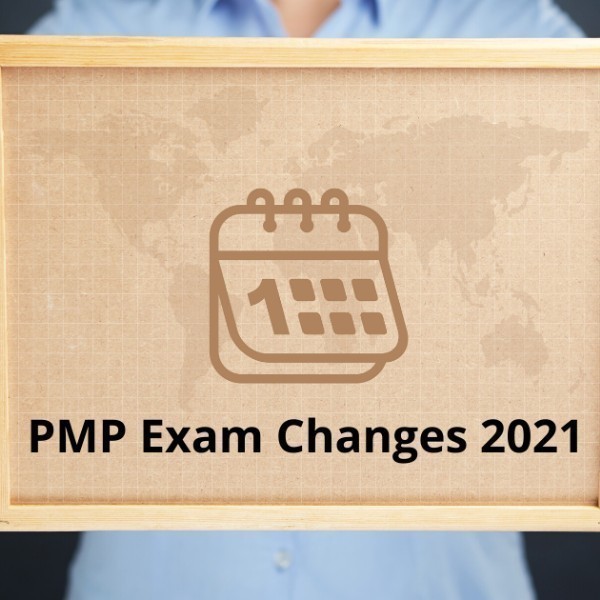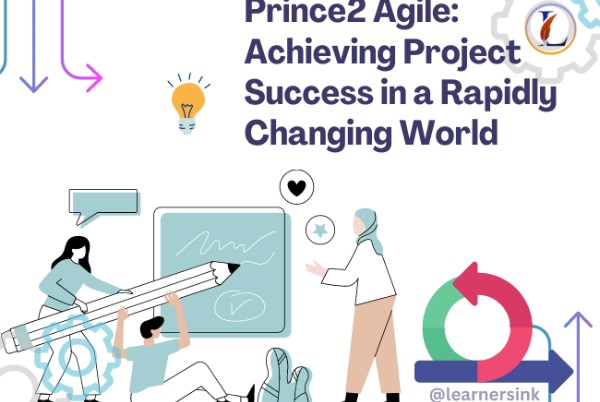Project Management Made Easy

Project Management Made Easy
Project management is really a term that in certain respects appears ubiquitous, yet in reality, it appears to certainly be relatively limited to big business. While this might be the situation, the underpinnings of project management are in fact fairly simple and may be adapted by virtually anyone. But, before we obtain too much down this path I believe it is essential to take a look at what project management is and what exactly it is not.
First, project management is really a methodology. At its core is really a framework that enables efficient usage of time, but most importantly this methodology/framework helps be sure that the goal of the project is in fact achieved. Second, it should be understood that that need considering a task, there should be a particular "start date" and "end date." When the project has no official beginning or a specific date to terminate, obviously this is a process. It is essential to differentiate involving the two. A task is undertaken to satisfy a particular goal or requirement, inside a specified time period. For instance, if you are intending a wedding event you would like to make use of a project management methodology. It is because if specific things aren't pulled together from the wedding ceremony, proverbial heads are likely to roll. A procedure, however, might be regarded as a repeatable number of activities and tasks which will be done repeatedly. Making coffee will be a good illustration of a procedure. Coordinating everything to tug off an effective wedding, however, is really a project.
There are some project management methodologies, however, for our purposes, we are going to consider the basis of excellent project management. Our goal is to use the principles of solid project management, instead of trying to memorize a specific methodology.
In my experience, it is usually believed that projects have to be somewhat complex by nature to use project management. The good thing about project management though is the fact that even if you have little complexity to cope with, these principles is still of great value to the individual applying them. At its core, project management is really as much about efficiency as it is about bringing to fruition something which will not currently exist. Let's get going by defining a couple of things.
You will find typically 5 phases for any project. Some phases may possibly have a few stuff that happens within them, but there are approximately 5 phases nonetheless. The phases are Initiation, Planning, Executing, Controlling, and Closing. We'll bring them one by one, and remember, it's much more about the methodology than everything else. Effective project management always seeks to get rid of the enormity of the project into manageable parts. These manageable parts are known as phases.
Yet another thing before we start...sometimes it's simpler to use a scenario or hypothetical situation to assist us to understand an idea. We are going to use "Planning for a Wedding" as our scenario to assist us to understand various points or concepts.
The Initiation Phase
Project Charter
This can be an extremely important element of the project which is often overlooked. Consider the Project Charter as the "Permission" to carry on. Why do you really need permission you might ask? Because 80% of project failures occur from an absence of communication. Perhaps you have had your manager let you know the things they needed from you and after that request you to do something totally different? I'll bet that not only have you clarified precisely what they wanted but, you spent a massive length of time creating it. Only ultimately to get them to let you know that you have to have misunderstood. A Task Charter is actually your protection against this kind of mismanagement and miscommunication.
What you devote to the Charter is basically the goal of the project, the scope of the project, what things are going to be performed to complete the project, and who it really is that must formally authorize the project. And, the good thing about the Charter is when it isn't within the Charter, you can't get it done. This keeps your manager as well as others from continuously changing their brains rather than allowing you to finish everything you started.
Up to now because of the mechanics from the Charter, here are a few definitions. The "objective" is actually just stating exactly what the project should accomplish. The scope of the project is just defining the parameters or boundaries of the items is going to be performed to accomplish the project. The points that should be performed to create the project successfully are known as deliverables. They are packages of labor that should be done, either individually or collectively, for your project to maneuver along as planned. Finally, the authorizers are those who have the authority to state yes or no to the project and ultimately those that will pay it off. The authorizers can also be called Stakeholders...not simply because they love beef, but since these are in fact the people who have the greatest "stake" within the project being carried out right. Staying with our wedding and reception planning theme, the stakeholders may be the Bride, Groom, Parents as well as minister.
The Planning Phase
This is actually the very start of the project in which you start to brainstorm about what you believe will have to happen to ensure that the project in the future together. For instance, using our wedding and reception planning theme, we realize there are a number of things that require to happen to make this wedding get together seamlessly...so that you begin listing them. There has to be somewhere to get it, a person to close and open the facility, catering should be determined, exactly what is the anticipated budget or cost the family members are trying to spend, etc. Actually, this could simply be a listing of items or bullet points you are aware will have to be split up more granularly later. Remember, this is simply brainstorming to find out exactly what the main "things" are that require to happen for your project to become done properly. This is when we take a look at where to start adding contour around this wedding. We have to somehow take it from conceptualization to reality, from thought process to paper. This is actually the rough framework of the items we realize may happen or at best what we should think must happen. The planning phase is crucial to get started, however, not crucial for being 100% correct. We are going to refine it while we go.
The planning phase is actually just obtaining the major people together who will own the area of the project work and planning the way they can do it and the things they will have to complete the work. In the industry world, these are the basic Subject Material Experts. A task manager will not have to be a professional in everything, however, the project manager must find the ones that are and obtain those Subject Material Experts on their own team. This phase can also be in which you assign starting dates and ending dates to particular tasks. This really is essential to the project's success. You will see tasks that will happen simultaneously that might or might not be related. But, a few of these tasks will end later than the others simply because they will surely take more time to finish. Start and prevent dates also provide you with a method of making certain everything gets completed promptly. This will make sense since the project features a specific stop date (otherwise it's a procedure) so all tasks need to end sometime. Anything of caution, you might be still within the "planning" phase here. Don't get overwhelmed by the absence of details. Every home requires a frame prior to it being built. But, prior to the frame is constructed there exists a rough concept of the entire sq footage of the house, the number of rooms, bathrooms, etc. that you will see. That's exactly what the planning phase if for...to find out how it needs to look.
Activities and Tasks
Project plans are made to track activities and tasks. It might be easier to consider a task plan being an Excel spreadsheet with less than 4 columns (Task Name; Start Date; End Date; Allotted To). This provides each activity and tasks the opportunity to be formally tracked and completed. You might be wondering exactly what the difference is between a task along with a task. To put it simply, a task is definitely the culmination of 1 or even more tasks. For instance, let's take drinking coffee each morning. If you want coffee, drinking a cup each morning is definitely an activity you like. However, for the activity to happen, you need to complete several tasks. For instance, you have to clean the coffee machine; make the coffee filter; scoop the coffee; fill the coffee machine with water; obtain a clean cup...you receive the concept. Now, just because there are numerous tasks for making coffee doesn't mean you need to include all of them in a project plan. You have to go deep enough into the activity to make sure it gets completed promptly, however, you don't have to list all 15-20 tasks to create coffee. Remember, they are tasks rather than procedures. The last guideline is the fact that tasks ought to always be capable of being accomplished...yes or no items...have you got it done or otherwise. This means that jobs are intentionally named using action verbs. So, the action is making coffee. The duties that comprise this activity we've already discussed. We might name one of these brilliant tasks "Scoop the coffee into the filter". Now there exists a task that is action-oriented and may be tracked.
Milestones
This can be a method of rolling up or categorizing activities and tasks within their highest component. For instance, maybe coffee is really a part of a milestone named Provided Beverages for many Age Ranges. The milestone can there be to make sure that all the beverages are bought and prepared when the guests arrive. Inside the "Provided Beverages for many Age Ranges" milestone then, you might have activities and tasks for Water; Punch and Soda, Iced Tea, Coffee, and Ice. Together (once purchased, delivered, and able to be served to the guests) they complete the Provided Beverages for many Age Ranges milestone for your project. Milestones provide you with the capability to track project completion at a higher level. This will make it easier for reporting and tracking purposes.
The Execution Phase
This is when the activities and jobs are completed based on the start and prevention dates. You might have moved from the planning phase and into the executing (doing) phase. Here is the place you, because the project manager, track others' progress in completing their assigned tasks. Remember, even when you usually are not accountable for completing the duties themselves, you may have to perform some hand-holding to assist make sure that other people are completing their tasks accordingly. Completing the duties, activities, milestones, and ultimately the whole project falls upon you.
The Controlling Phase
After you have started to execute the project tasks and activities, you are going to begin managing the work as well as the times it requires to finish it. Managing the project will not be as difficult as it sounds for those who have good management support. Again, try to keep in mind that your resources (those doing the job) are responsible towards the stakeholders and management to make sure that they may be completing their assigned work, promptly. Your role is to make sure that everybody knows what tasks and activities they are meant to work on and track that completion around the project plan. From that point, at regular intervals, you have to report progress to management. Management won't typically need to know every task which is being carried out, however, they will have to be apprised of the items jobs are behind schedule. You usually must have a "reason for escalation" plan just in case things go south. It is a great idea also to set up a weekly meeting with all your resources to talk about tasks, completion, issues as well as other items affecting the project. This becomes your leveraging tool for managing people not in your town rather than beneath your direct management. This too allows a forum to stay in place to ensure that everybody is on the very same page when issues or questions arise about tasks and activities.
The Closing Phase
Consider this because of the winding down phase. Tasks, activities, and milestones are virtually all completed. The project is officially arriving at a stop...maybe there are several tasks still being performed to make sure that things are running accordingly, but in most cases, the project is originating to a close. This can usually become a fairly low resource constraint for you personally. You will end up updating any necessary project materials and ensuring that the deliverables match the Charter by which you defined this project. This is where resources will return to their usual day-to-day activities as was normal before any project began.
No project should end without having a closeout meeting where individuals are praised for his or her efforts and thanked for their project dedication. This can be a tag-team effort and everybody deserves credit.
Lessons Learned
Apart from the Charter, lessons learned is one of the other most neglected a part of a task. It really is reasonable to believe that since projects are new you will see unanticipated obstacles which you encounter. Those obstacles, regardless of how small, will somehow be resolved. Lessons learned is the chance to capture exactly what the Subject Material Experts learned to solve or watch out for when focusing on the project. These ought to be documented and provided to management, in addition, to keeping on your own. From the reasonableness perspective, you might run a project later on which has similar characteristics to the project you simply finished. How inefficient will it be to get a task team into the same issues and obstacles which you already encountered making the brand new team develop their very own resolutions? Lessons learned become the project FYI that will help a brand new project team plan better and become more effective as they are aware and also have planned for several obstacles in advance. All of this since you were wise enough to capture these details from past experience.
To conclude, as there is a lot more to formal project management as well as the memorization and use of proven methodologies, this is the author's hope this may benefit you to definitely some extent which perhaps you will actually have a eliminate to use for your own project. If only all of you had the very best in your project management endeavors.
Learners Ink 2019 - | All Rights Reserved
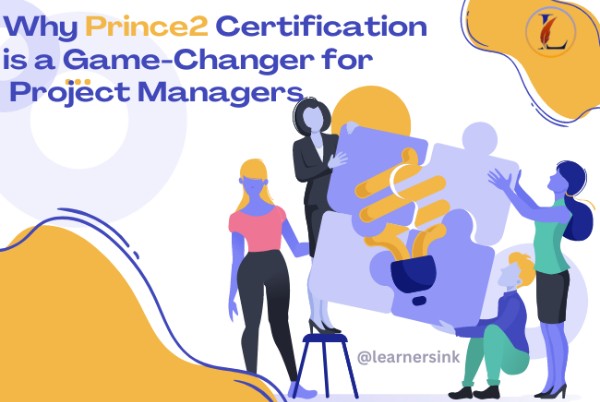


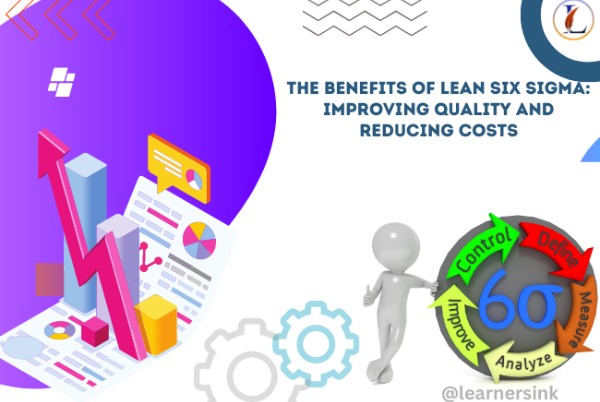

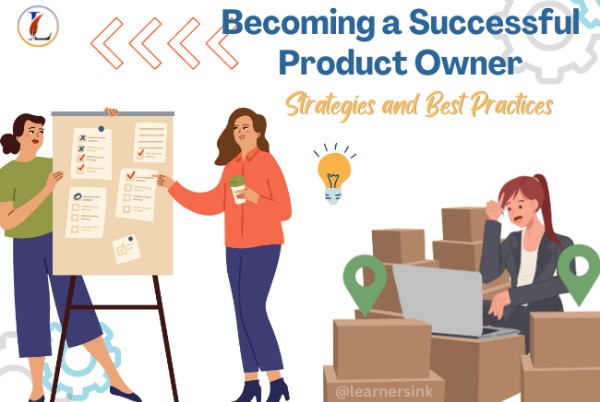

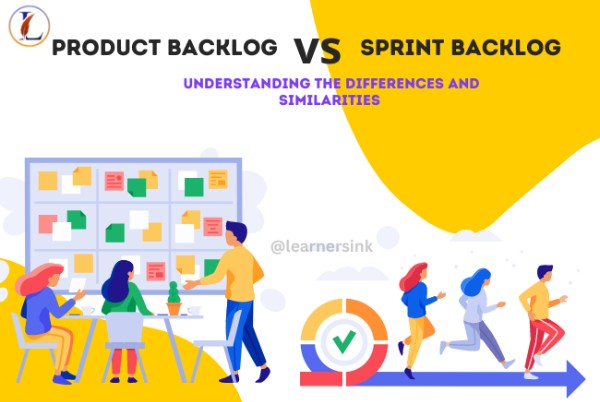
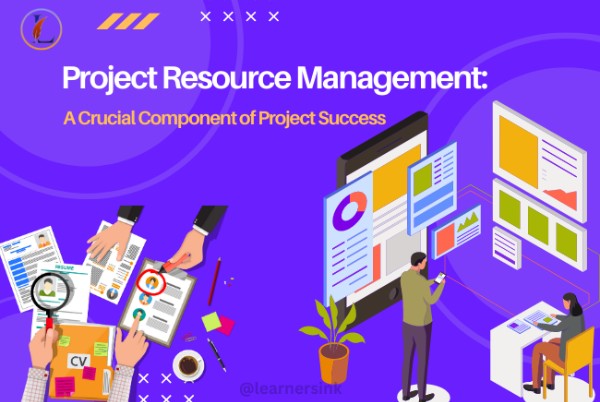
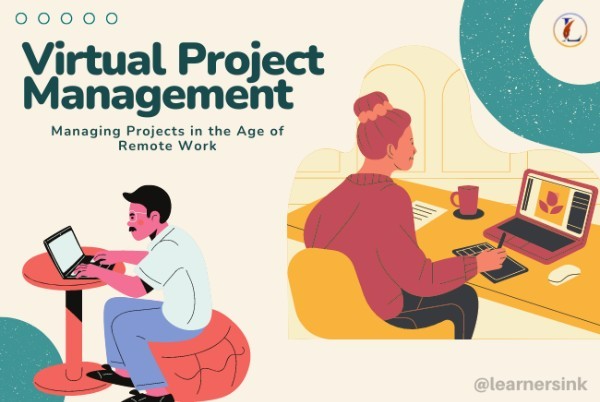
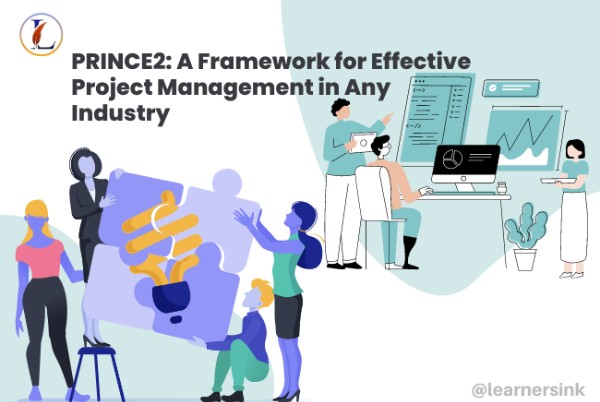
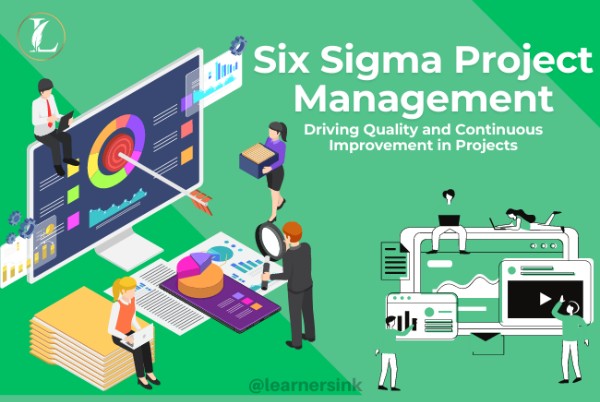




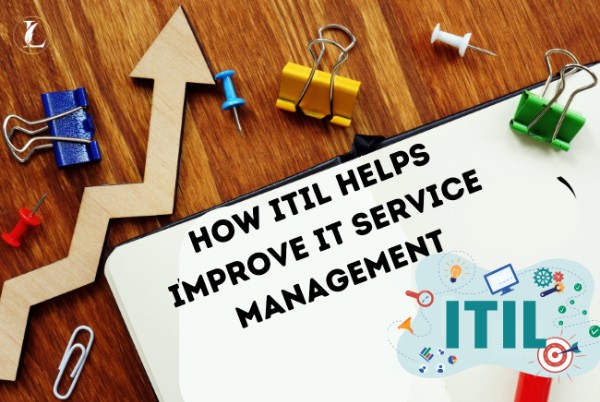
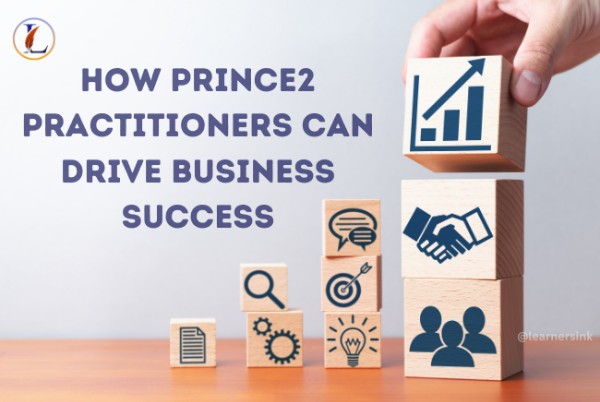

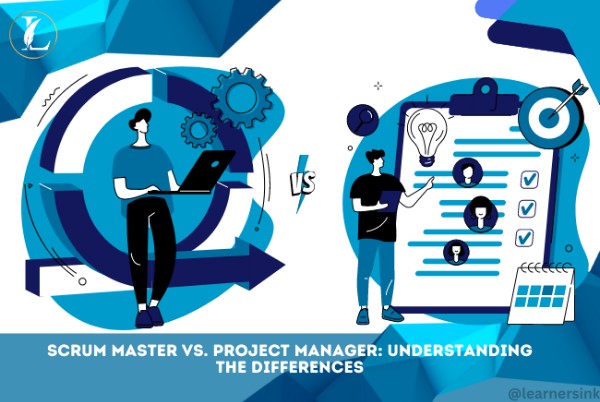
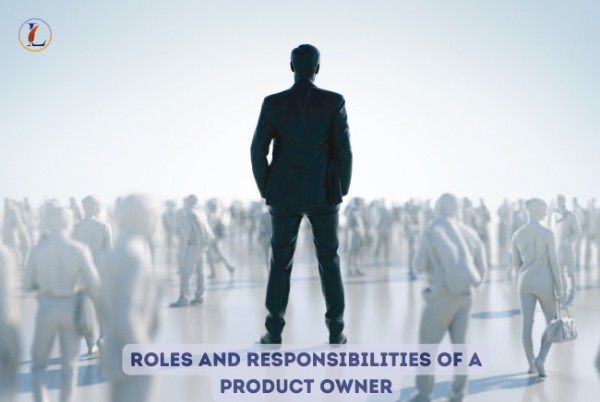
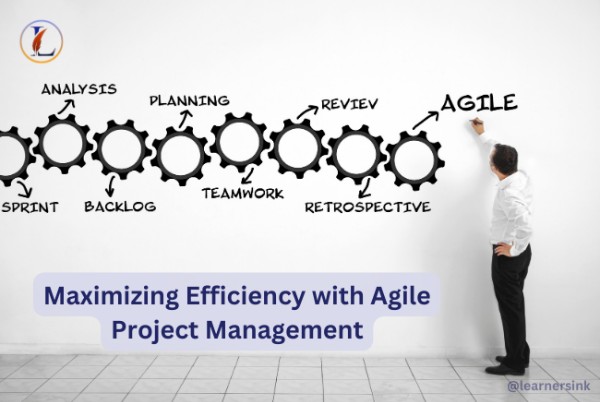

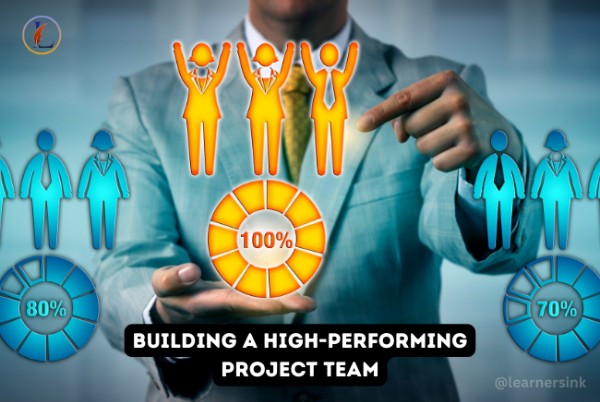


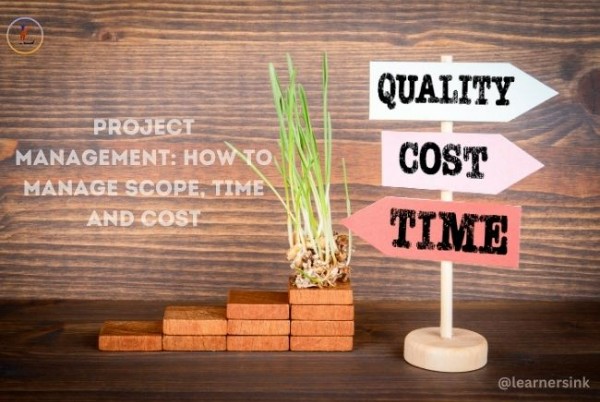











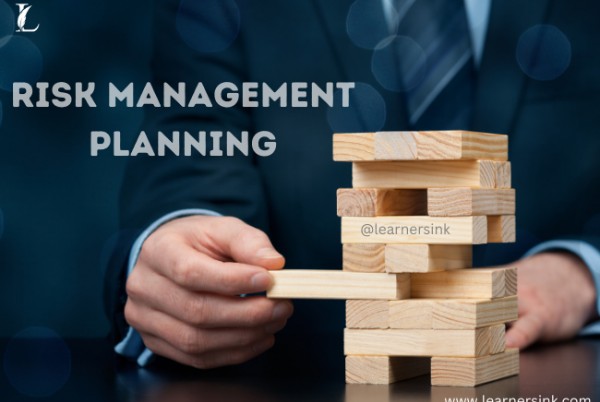

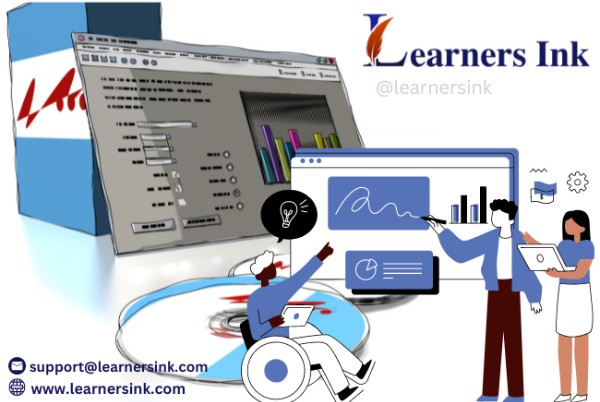

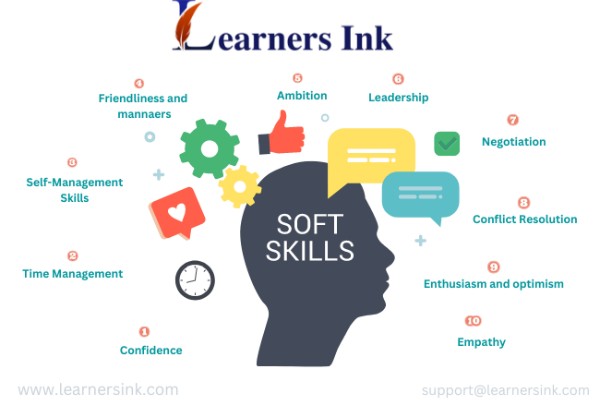



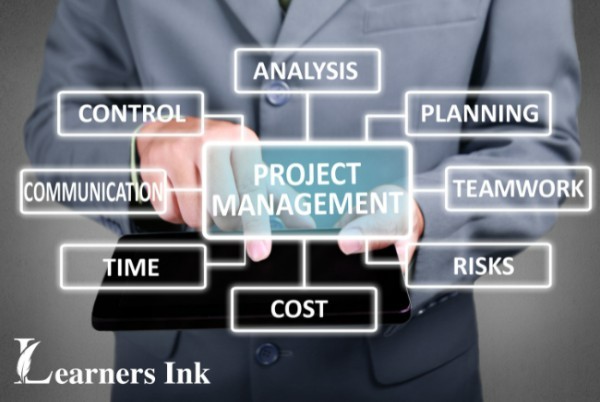



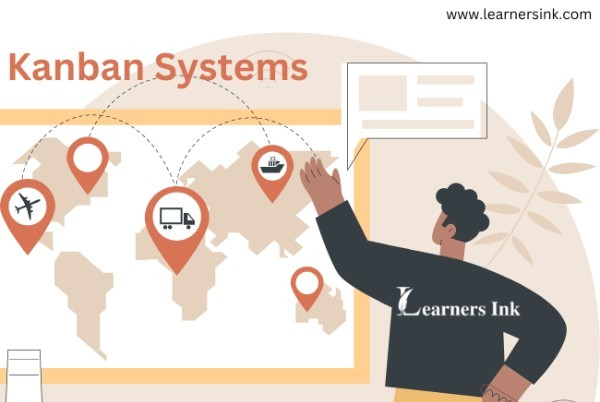
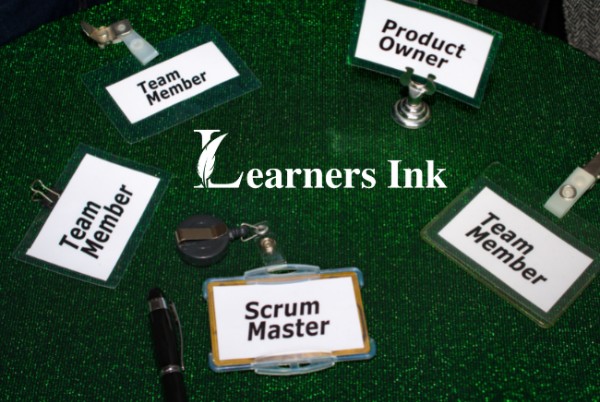

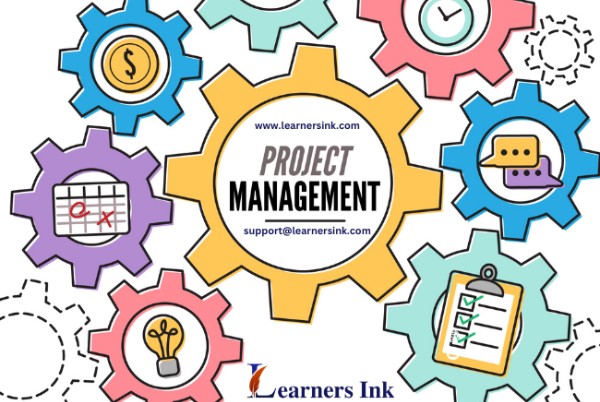
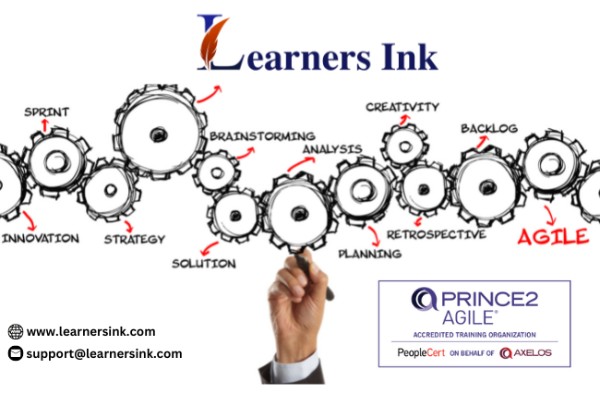


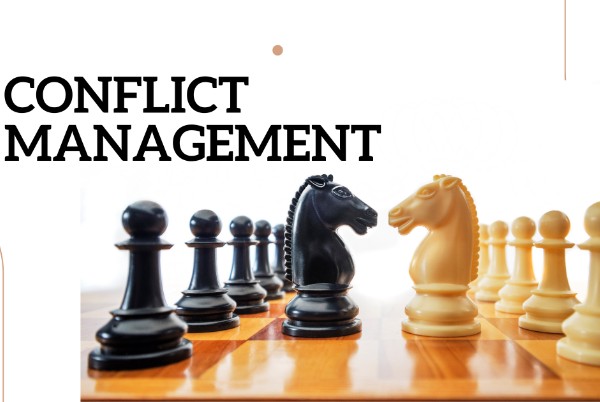

.jpg)
